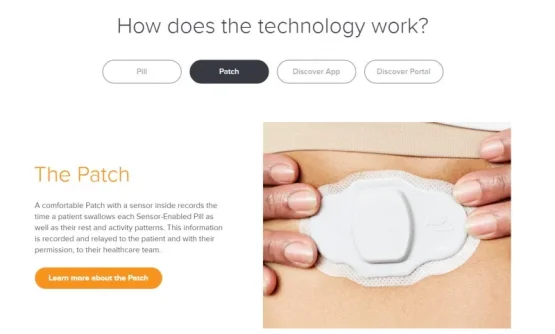Nelson Vergel
Founder, ExcelMale.com

Patients with type 2 diabetes and hypertension using sensor-enabled atorvastatin therapy that communicated with a cloud-based digital health platform achieved a greater reduction in cholesterol and improved medication adherence vs. patients receiving usual care.
The sensor-enabled medication, developed by Proteus Digital Health, is a combination of an ingestible sensor about the size of a grain of sand coencapsulated with a medication at a compounding pharmacy, said Juan Pablo Frias, MD, FACE, president and CEO of the National Research Institute in Los Angeles, speaking during an oral presentation session. The patient wears a sensor-enabled patch, described by Frias as the size of a standard bandage, that senses when the medication is taken and sends a signal to an application on a mobile device. The technology has been cleared as an FDA device, he said, though he could not offer information on its cost.
“The patch not only senses when the medication is taken, but also serves as a pedometer, so it gives an indication of patient activity as well as patient rest, and provides some very interesting and useful reports to the patient when they’ve missed medications as well as number of steps and the rest that they’re getting,” Frias said.
The data are sent to the patient and, when enabled, are sent to a cloud platform, allowing health care providers to view the patient’s Web portal and pull customized reports.
http://www.healio.com/endocrinology..._medium=email&utm_campaign=endocrinology news













